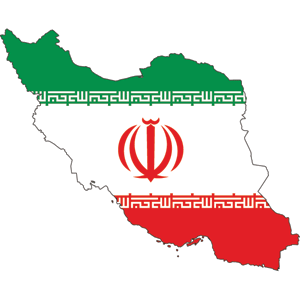Supreme Court will consider whether Iran reparations law violated separation of powers

Image from Shutterstock.
The U.S. Supreme Court has agreed to consider whether Congress violated the Constitution when it allowed victims of Iran-sponsored terrorism to seize nearly $2 billion in assets, although their cases were still pending.
The court agreed to hear the case on Thursday despite a brief by the U.S. solicitor general urging the justices to deny review, report SCOTUSblog, USA Today, the New York Times, the Washington Post and the Wall Street Journal (sub. req.).
Iran’s central bank, Bank Markazi, has an interest in the frozen assets that would be used to pay the victims and their families. It argues the law violates separation of powers. “No court has ever upheld such a blatant intrusion on judicial power,” its cert petition (PDF) says.
The bank cites an 1872 ruling, United States v. Klein, that held Congress violates the Constitution when it directs a federal court how to decide a case.
The New York-based 2nd U.S. Circuit Court of Appeals had upheld the statute, saying it “changes the law applicable to this case” rather than compelling judicial findings under old law.
The case is Bank Markazi v. Peterson.



